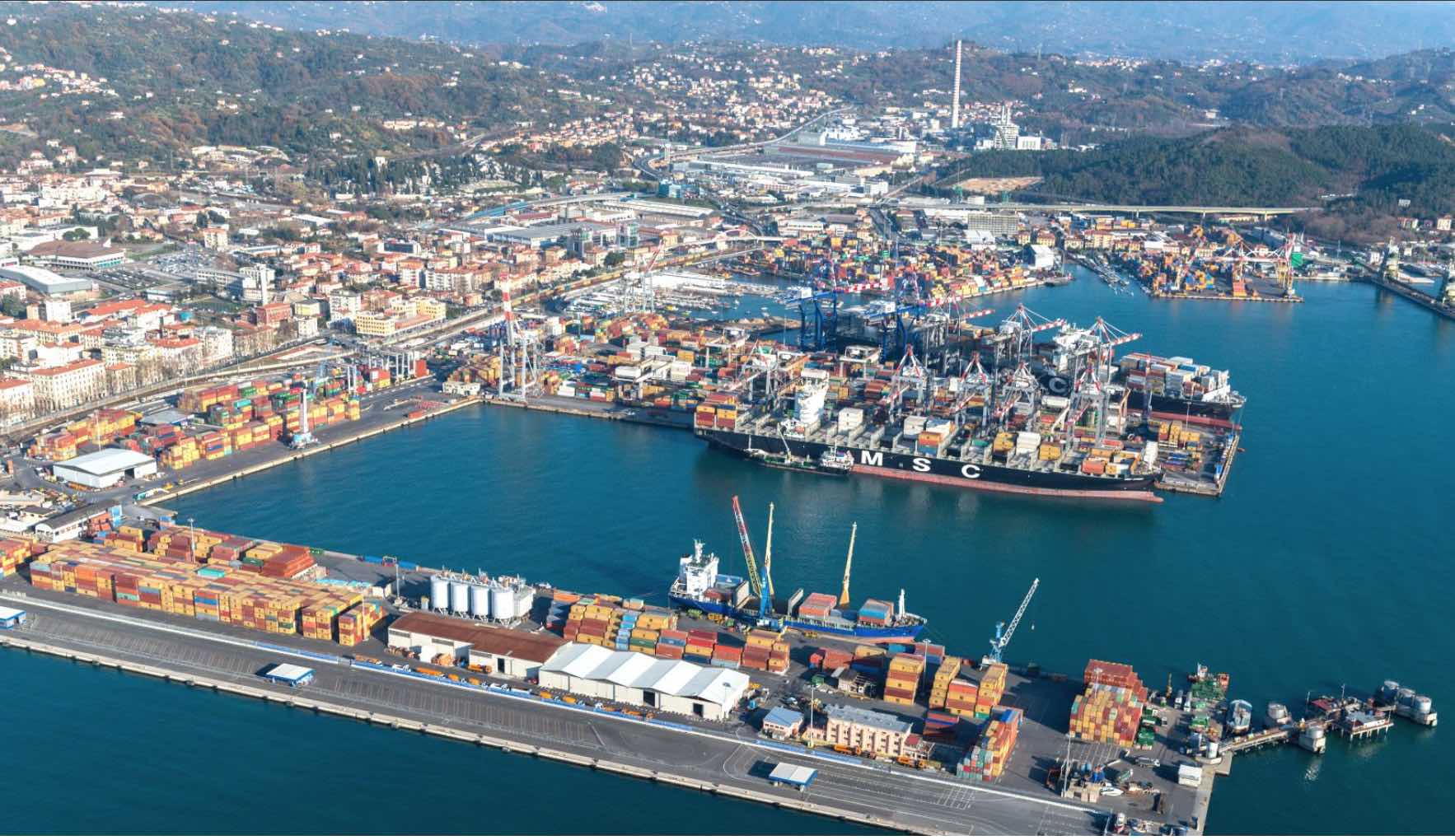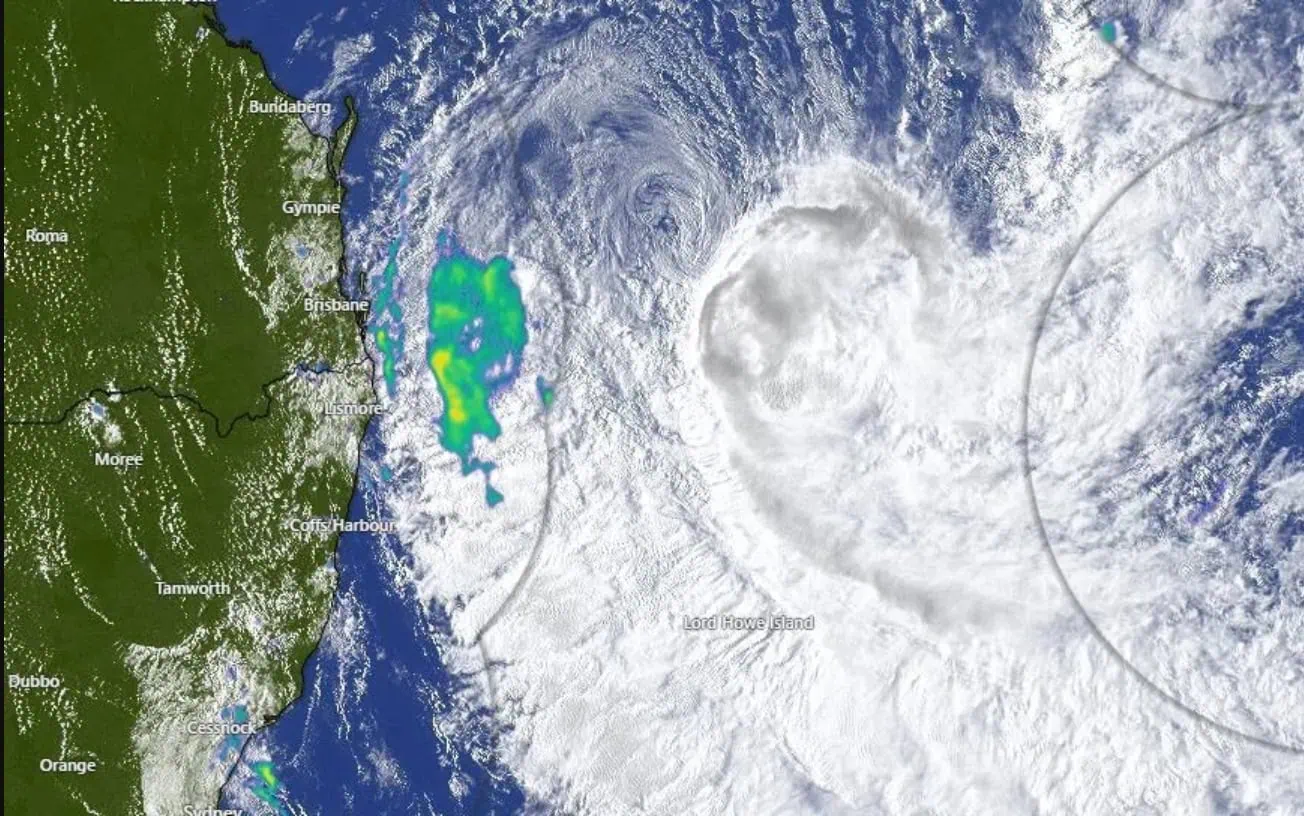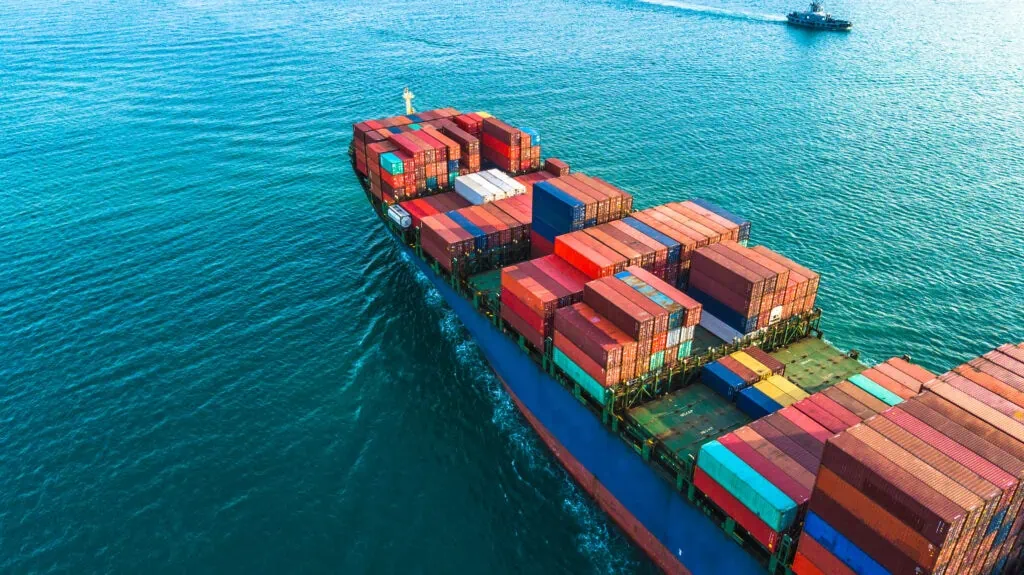Your guide to the different types of shipping freight and cargo
Shipping is an essential component of modern business. However, with so many types of shipping methods available, it can be challenging to determine the best one for your unique business needs. In this article, we’ll explore the various methods of cargo shipping and their benefits.
What defines 'cargo shipping', and what is 'freight shipping'?
Although traditionally used to differentiate between transportation modes, today, the terms ‘cargo shipping’ and ‘freight shipping’ are used interchangeably to refer to the bulk transportation of goods via water, air or land.
The term ‘shipping’, once reserved for transport by sea, now refers to the transport of goods via any method, which could be small packages, one box, multiple items, or local or international shipments of large quantities. ‘Cargo’ typically refers to goods being transported in bulk or large quantities, while ‘freight’ often refers to goods of a commercial nature.
What is involved in cargo shipping?
Cargo shipping involves several stages and an extensive background process, including the packing and loading of the goods, transportation to the port or airport, customs declarations, customs clearance, and delivery to the final destination. In addition, different types of cargo may require different handling methods, packaging, and shipping modes to ensure their safe and timely delivery.
Cargo and freight shipping experts
Whatever type of shipping method you need, our shipping experts at Gava Australia can assist.
We provide complete services for your shipping and freight, shipping internationally and via local shipping methods.
Let us take care of the entire process. Get in touch with our team to talk to a shipping expert about the best method for your shipment and get a free quote.
The benefits of freight shipping (vs regular shipping)
Freight shipping and cargo shipping both refer to shipping large quantities of items at a time. The more general term, ‘shipping’, by comparison, can mean both smaller items and larger items.
Benefits of freight shipping:
- Cost-effective for shipping large quantities of goods (vs sending each individually)
- Ideal for businesses that need to move goods over long distances
- Provides more control over the shipping process
What are the main types of shipping for cargo/freight?
There are three main methods of shipping large quantities of goods;
- By land (via truck or train),
- By air (by plane),
- Or by sea (by marine ship).
Each option can be international shipping or local shipping (except, of course, for land shipping, where the origin country and destination country are on separate continents). And each main shipping method can also be standard, expedited or overnight shipping.
The subtypes of cargo shipping
FTL & LTL, FCL & LCL and FAC explained
Land/road shipping methods: Full TruckLoad & Less-than-TruckLoad
(FTL & LTL)
Shipping by road involves land transport via truck or train, with two main methods of truck shipping: Full Truckload shipping (FTL) and Less-than-Truckload (LTL). FTL is a single shipment that fills an entire truck, usually at a flat rate shipping arrangement, while LTL combines multiple shipments to share the cost.
Sea freight methods: Full Container Load & Less-than-Container Load
(FCL & LCL)
Shipping via sea involves the use of shipping containers, which are large boxes used to transport goods by sea, rail, or truck. The two primary methods of container shipping are full container load (FCL) and less-than-container load (LCL). FCL involves shipping a container filled with a single shipper’s cargo, while LCL combines multiple shippers’ cargo in one container to share the cost of transporting goods.
Air shipping methods: Full Aircraft Charter & Consolidation
(FAC & Consolidation)
Air shipping also has the FTL and LTL equivalent. A Full Aircraft Charter (FAC) shipping is where an entire aircraft is dedicated to transporting a single shipment. This is typically used for high-value or time-sensitive cargo that requires fast and secure transportation. The air transport version of Less-than-container load (LCL) shipping is called Consolidation shipping, where multiple shipments from different shippers are ‘consolidated’ into one aircraft load to share the cost of shipping (each paying for the space their cargo occupies).
Which cargo shipping options are best for me?
Here are the benefits and disadvantages of the different types of shipping for freight and cargo shipping:
Air freight advantages & disadvantages
The advantages of air cargo shipping:
- Fastest delivery for time-sensitive cargo
- Flexible routing and delivery options
- Ideal for perishable or high-value goods
- Minimal exposure to environmental factors during transport.
The disadvantages of air freight:
- Higher cost/unit than sea/land transport.
- Limited cargo capacity compared to sea transport.
- Restricted in type/size of cargo.
- More of an environmental impact (higher carbon emissions) than sea/land transport.
Sea freight advantages & disadvantages
The advantages of sea freight:
- Lower cost per unit of cargo compared to air or land transportation.
- Can transport a large volume of cargo at once.
- Suitable for bulky or heavy cargo, such as machinery or vehicles.
- Environmentally friendly with fewer carbon emissions
Disadvantages of sea cargo:
- Slower transit times compared to air or land transportation.
- Limited flexibility in routing and delivery schedules.
- Risk of exposure to moisture and other environmental factors during transportation.
- Additional costs, such as port handling fees and customs duties, may apply.
Land freight advantages & disadvantages
Land freight advantages:
- Faster than sea transportation
- Flexible routing and delivery
- Cost-effective for short distances and small volumes
- Suitable for various cargo types, including perishable and hazardous goods.
Land freight disadvantages:
- Limited range compared to air and sea transportation
- Can be affected by traffic congestion and delays.
- Higher cost per unit compared to sea transportation.
- Cargo may be exposed to theft and damage.
Expedited and overnight shipping
Expedited and overnight shipping services are ideal for businesses that need to get their products to customers quickly. In addition, these methods of shipping are often used by retailers that want to offer their customers faster delivery options.
Expedited and overnight shipping services are typically more expensive than standard shipping methods, but they can be a good option for businesses that need to meet tight deadlines.
Benefits of expedited and overnight shipping:
- Ideal for a business that needs to meet tight deadlines
- Provides faster delivery options for customers of your business
- Can help a business to stay competitive in the market or provide a competitive edge.
How does expedited shipping differ from overnight shipping?
Expedited shipping is faster than a standard shipping time, but it may not be as fast as overnight shipping. Overnight shipping guarantees delivery the next day and therefore is usually available for local shipping and international shipping between countries with a very short geographical distance (like Australia and New Zealand). Expedited shipping services can vary in delivery times, from 1-2 days to a few hours.
How much does each shipping method cost?
The cost of each transport method can vary based on the weight and size of the goods to be shipped, the delivery timeframe, whether it’s a local delivery or going to a different country, the shipping method used for shipping products, and the shipping companies you go with.
If you need to ship mass quantities, whether it’s for local delivery or international transport, we can provide you with a quote to have your goods shipped and take care of the entire process from start to finish. We’ll find the best fit for you from the various shipping options.
Choosing the right shipping method for your cargo
There are various shipping methods available for businesses of all sizes and industries. It’s essential to choose the correct shipping method based on factors like the size and weight of the shipment, the delivery timeframe, and the destination country.
And that’s where we come in. Gava Australia are the logistics team that you can rely on for effective, efficient transportation and direct support. We work quickly and can find you the best option for you for a great price.
Your shipping and logistics partner
Our transport experts at Gava Australia can take care of your entire shipping and logistics process for you. You let us know your freight or cargo shipping requirements, deadline and details for your business, and we’ll take it from there to get everything organised and done in the best way possible to meet your deadlines and business requirements.
Request a quote and chat with our logistics & shipping professionals today.












